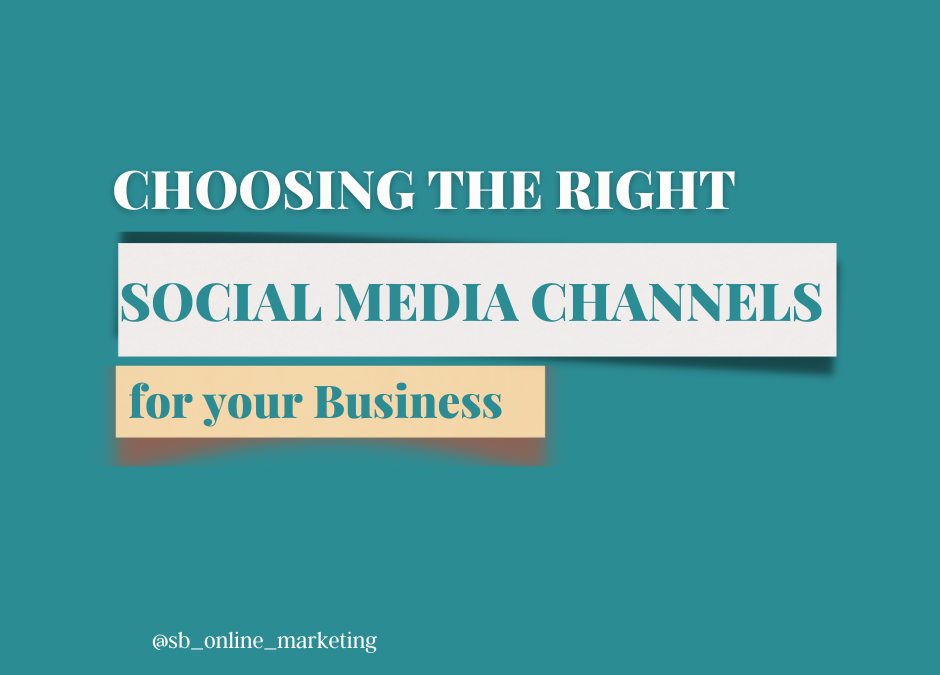Creating an effective social media presence is crucial for businesses looking to engage their audience, enhance brand visibility, and drive sales. However, the vast array of platforms can make selecting the right channels a daunting task. This guide aims to simplify the process, focusing on the strategic use of Social Media for Business. By considering your target audience, marketing objectives, and where your audience spends their time online, you can make informed decisions about which platforms will best serve your business needs.
Who is your target audience?
The first step in leveraging Social Media for Business is to gain a deep understanding of your target audience. Consider their demographics, interests, needs, and online behaviors. Answering questions like, “What challenges are they facing that your business can solve?” and “Where do they look for solutions?” will help you pinpoint the most relevant platforms. This audience-centric approach ensures that your social media efforts are targeted and effective.
What is your marketing goal?
Next, clearly define what you want to achieve through social media. Whether your focus is on building brand awareness, generating leads, or driving sales, your objectives will influence which platforms are most suitable. Each social media channel offers unique advantages for different goals, so aligning your platform choice with your business objectives is key.
Which Channel Does Your Target Audience Hang Out On?
Once you know who your audience is and what you want to achieve, it’s time to find out where they are most active. This involves researching not just the platforms where your target audience spends their time, but also how they interact with content and brands on these platforms. Pay attention to your competitors as well; observing their social media tactics can offer valuable insights into what might work for your business.
Choosing the Right Social Media Channel for Business
Armed with this knowledge, you’re now in a position to select the most appropriate social media channels for your business. While many companies start with popular choices like Facebook and Instagram, your decision should be based on where your specific audience is most engaged and the nature of your marketing goals.
Facebook is a versatile platform suitable for a broad audience, offering various tools for businesses to share content, engage with users, and advertise products or services.
Instagram, with its visual focus, is ideal for brands that can showcase their offerings through compelling images or videos, making it a favorite for the lifestyle, fashion, and food industries.
LinkedIn is the go-to platform for B2B companies, providing a professional environment for networking, sharing industry insights, and generating leads.
Twitter offers real-time engagement, making it perfect for businesses that want to stay on top of trends, provide customer service, or engage in conversations around specific topics.
TikTok and Pinterest cater to niche audiences looking for entertaining content and inspiration, respectively, offering creative ways to connect with younger demographics or those with specific interests.
Choosing the right Social Media for Business doesn’t mean being present on all platforms. It’s about focusing your efforts where they will have the most impact. By understanding your target audience, defining your marketing goals, and researching where your audience is most active, you can strategically select the platforms that align with your business objectives. This targeted approach not only optimizes your resources but also enhances your chances of success in the dynamic world of social media marketing.
For businesses navigating the complexities of social media, this guide provides a clear roadmap for selecting the most effective platforms to engage their audience and achieve their marketing goals.


Recent Comments